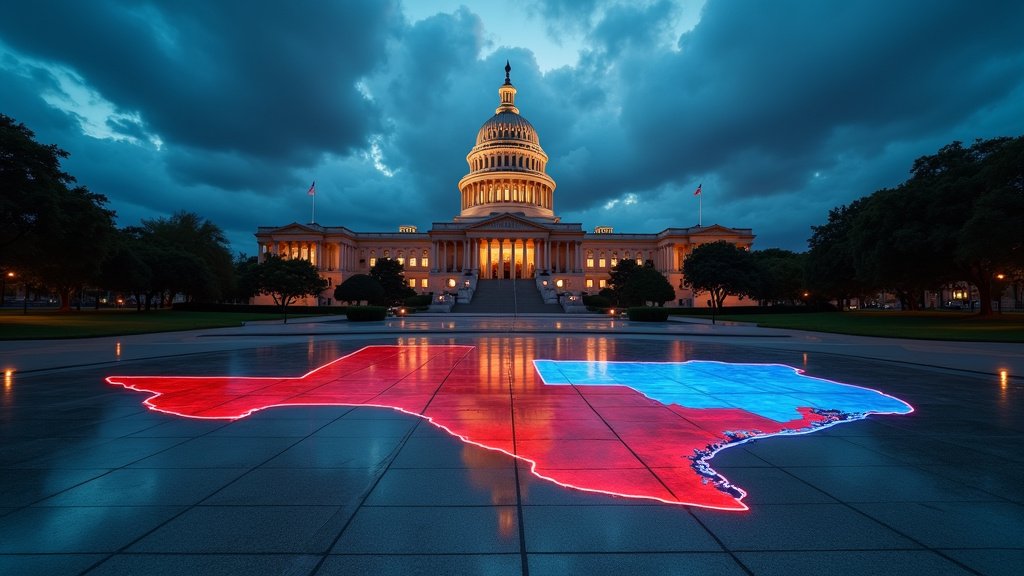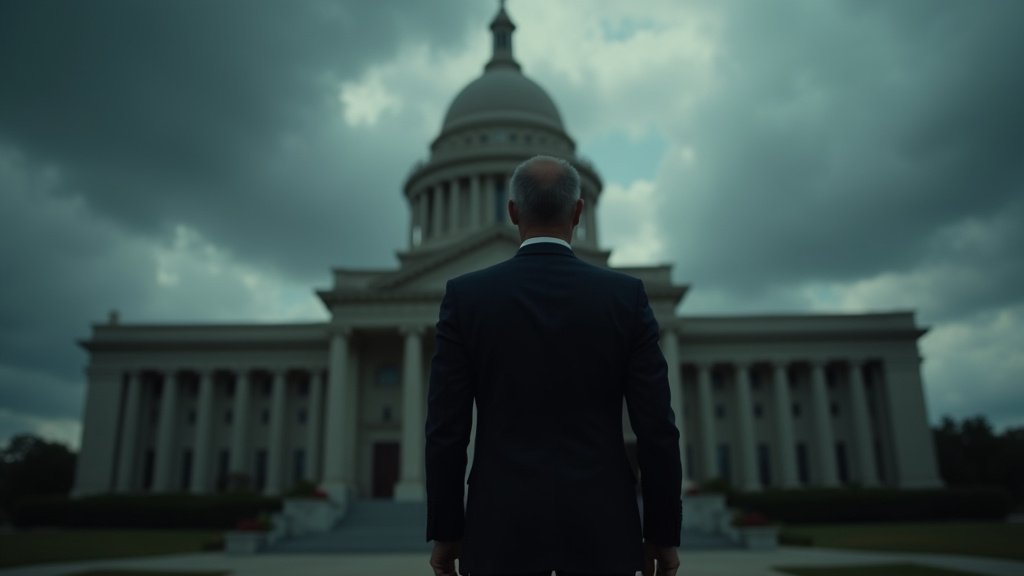The Texas Legislature concluded its second special session on September 4, 2025, marking the end of a legislative period characterized by significant conservative policy advancements and the passage of new congressional district maps that have drawn sharp criticism. Governor Greg Abbott declared the session a success, highlighting the enactment of key conservative priorities.
Woman and Child Protection Act Expands Abortion Restrictions
A central piece of legislation passed during the session was House Bill 7, known as the Woman and Child Protection Act. This bill significantly restricts access to abortion-inducing drugs, prohibiting physicians and other medical professionals from providing them. It also introduces a civil lawsuit provision, allowing private citizens to sue individuals or entities involved in the manufacture, distribution, or mailing of these drugs into Texas, with successful plaintiffs potentially awarded at least $100,000. The legislation aims to prevent abortion medication from reaching Texas, even from out-of-state providers, though it includes exemptions for legitimate medical reasons such as miscarriages or ectopic pregnancies. Critics argue that the private enforcement mechanism could lead to a chilling effect on healthcare providers and increase fear and surveillance.
Texas Women’s Privacy Act Redefines Public Space Access
Senate Bill 8, the Texas Women’s Privacy Act, was also enacted, mandating that facilities such as restrooms, locker rooms, and other designated spaces be based on biological sex. This measure has been met with strong opposition from LGBTQ+ advocates, who contend it infringes upon the rights of transgender individuals by restricting their access to facilities aligning with their gender identity. Proponents argue the bill is necessary to ensure privacy and safety in sex-segregated spaces. The law establishes penalties for institutions that fail to comply, with fines increasing for subsequent violations.
New Congressional Maps Spark Voting Rights Concerns
Another significant outcome of the session was the passage of House Bill 4, which redraws the state’s congressional maps. The Republican-led effort aims to maximize the party’s representation, with estimates suggesting the new districts could lead to a gain of up to five Republican seats in the U.S. House of Representatives for the 2026 elections. Democrats have vehemently criticized HB 4, alleging it constitutes a deliberate violation of the Voting Rights Act and aims to dilute the voting power of minority communities, particularly Black and Hispanic Texans. Legal challenges to the new maps are anticipated, with critics arguing that the mid-decade redistricting is a partisan maneuver.
THC Regulation Stalls, Executive Action Follows
Legislation to regulate THC products faced significant hurdles and ultimately stalled during the special session, leaving the state’s hemp market largely unchanged for now. Despite discussions between legislative leaders and Governor Abbott, a compromise could not be reached. In response, Governor Abbott issued an executive order on September 10, 2025, directing state agencies to develop rules for testing and labeling THC products and restricting sales to individuals under the age of 21. This executive action aims to enhance consumer safety and prevent minors from accessing these products while the Legislature contemplates future regulatory frameworks.
Session Highlights and Unresolved Issues
The second special session, which followed a quorum break by Democratic lawmakers during the first session, saw Republicans advance much of Governor Abbott’s agenda. Beyond the key legislation detailed above, lawmakers also addressed issues such as flood safety and reforms to the STAAR testing system, with a bill passed to abolish the test and replace it with new assessment tools. However, efforts to pass broader property tax relief also stalled due to disagreements between the House and Senate. The session’s conclusion also saw the House adopt new rules and penalties aimed at deterring future quorum breaks, which Democrats decried as silencing political dissent. The Texas news cycle now looks toward the potential legal battles over redistricting and the ongoing implementation of newly enacted conservative policies.






